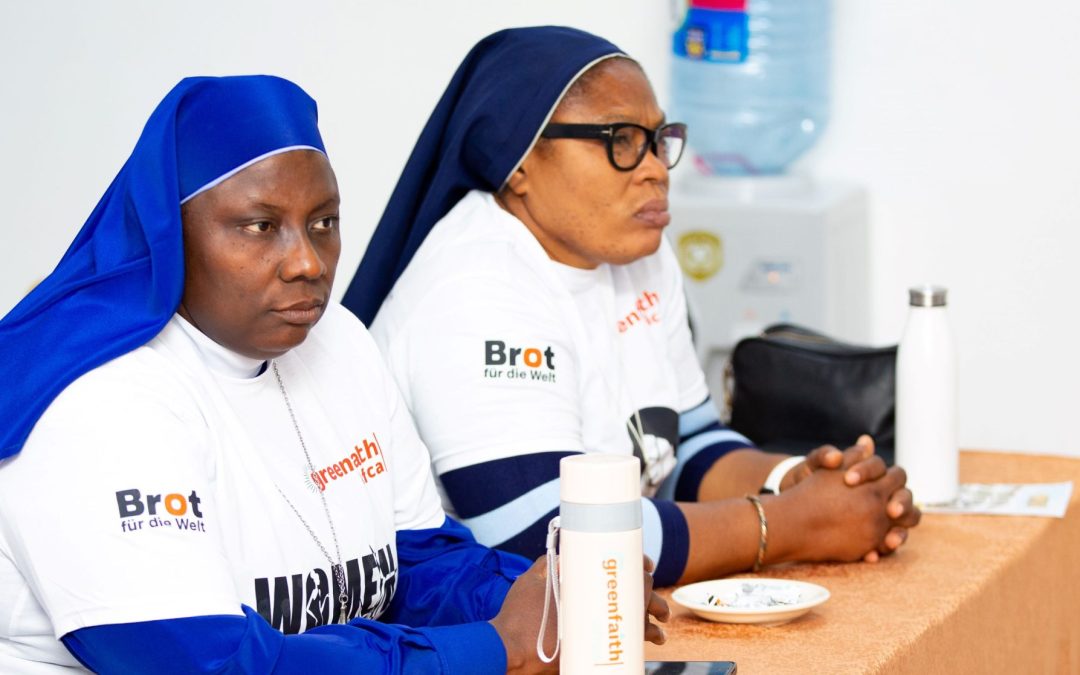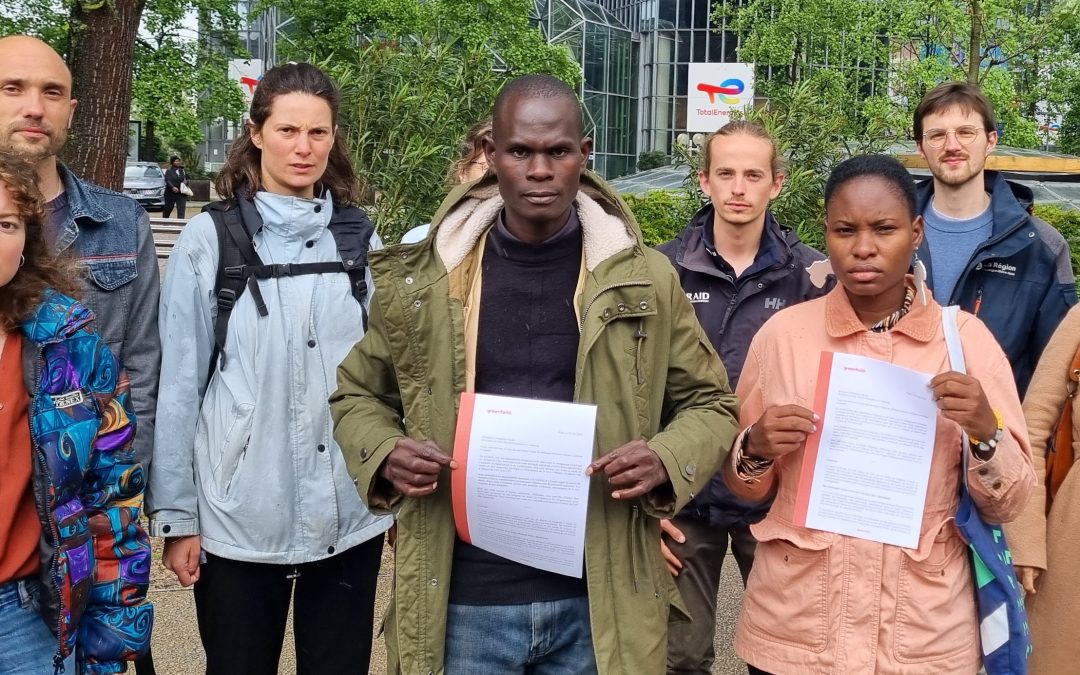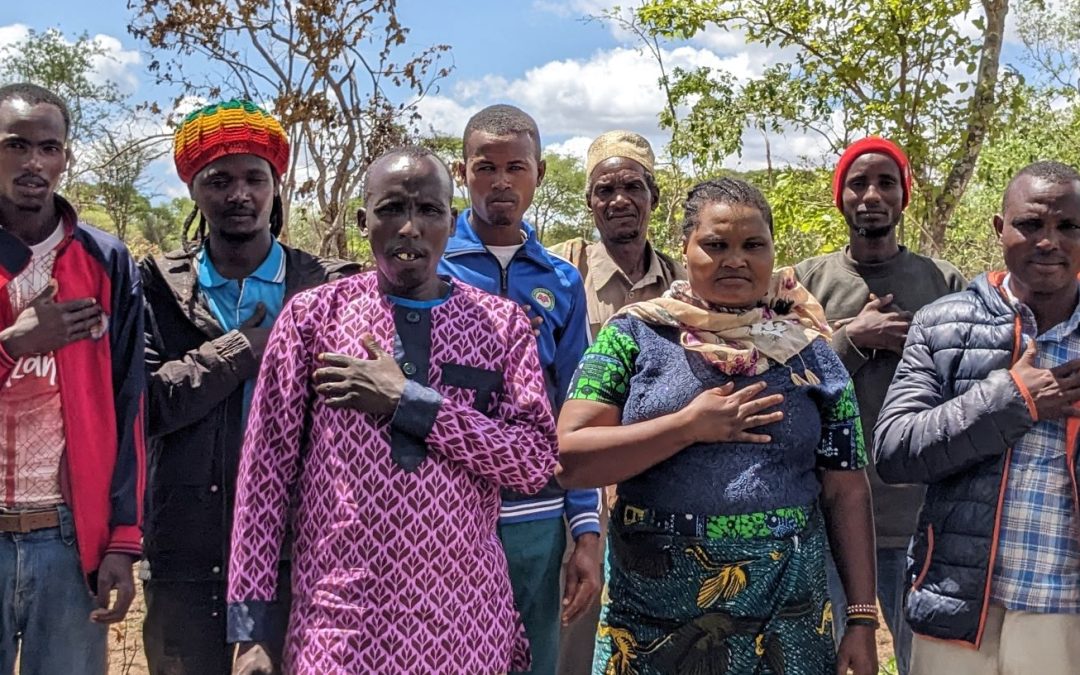More protests emerged in Tanzania following a BIKE report, which established that some of the 2,000 graves on the East African Crude Oil Pipeline (EACOP) route were disturbed or disrespected as stakeholders made way for the environmentally disastrous oil project between Uganda and Tanzania.
The report titled “As If Nothing Is Sacred” focused on the Tilenga oil project in Uganda and the supporting EACOP that is supposed to transport crude oil from the wells over 1,443km to Tanga Port in Tanzania.
According to the report released last week, besides the disturbance of the graves, families’ cultures were disregarded and many denied adequate funding to rebury, while others were compensated for fewer grave sites than they actually had in their compounds, simply because they were not marked.
TotalEnergies, the main stakeholder in the projects, including a 62 per cent stake in EACOP, had stated in its website that the number of graves likely to be relocated would be over 1,000 in each of the countries affected.
On Monday, youth marching in Dar-es-Salaam, Tanzania, demanded respect for their loved ones, whether alive or dead. “The Qur’an demands that we respect human bodies, whether they are alive or dead. We must not harass the dead, because that will not give us the living peace,” said Azizi Hamis, a youth in the protest.
Earlier, when the report was released, groups of affected grassroots community members in Uganda and Tanzania said they were saddened by the revelations of the report, commissioned and released by GreenFaith.
“We share in calling for urgent attention to the grave issues brought out in this report, including that there are at least 2,000 graves that were either disturbed or risk being mishandled should the proposed 1,443-km EACOP project proceed,” they said in a statement read in Dar-es-Salaam.
They added that it was bad enough that TotalEnergies, supported by the Uganda and Tanzania governments through their national oil firms, had displaced thousands of families living along the proposed pipeline’s route. “Apart from a small section of the East African region, communities here bury their loved ones in their compounds, many of them in unmarked graves. Exhuming any human body, whether in a marked or unmarked grave, comes with psychological torture,” the statement read.
According to the report, several affected families had pleaded with TotalEnergies to respect the sacred resting places and shared information about the locations of unmarked graves but were ignored. The report quotes people in several instances where religious or cultural beliefs were ignored in the process of relocating the graves.
“(I) wasn’t satisfied with the relocation process, because it was not good to rebury someone who had rested for all those years. It stressed us again, thinking how our people who were buried a long time ago were being traumatised,” Anita Opio, identified as a Catholic from Buliisa District in Uganda, is quoted as saying in the report.
Emmanuel Mutesi, also identified as a Catholic from the same district, expressed fear of being haunted. “We have fears that eventually the spirits of the dead will have some negative impacts on our families and children in future”.
Musa Ahmed, a Muslim with traditional beliefs, from Hanang District, Tanzania, says: “In case we relocate graves without adherence to Islamic and Sandawe tribe obligations, our generation will be cursed by our ancestors’ spirits, and we shall not be in peace with one another within the clan. Hardships in life will increase from the present generation to the coming ones,” he said, adding: “Neither traditional nor religious practices will be supported by the (EACOP) project. Our younger generations are going to miss important cultural aspects on grave relocation.”
The report that covered six districts in Uganda and three in Tanzania also highlighted poor compensation and assistance to get reburial done humanely. A man only identified in the report as Oscar and a Muslim from Tanzania, is quoted as saying: “The whole process of compensation and handling of affected properties – not only graves – have been dominated by unfair and untimely compensations. There is a huge difference between expectations and reality. In the beginning, we were given good hopes of Project’s benefits, but we are witnessing threats and unclear answers whenever you seek information on various concerns.”
At least 100,000 people have been displaced by EACOP, according to several other reports. Should the project proceed, it is expected to increase carbon emissions of Tanzania and Uganda by at least 25 times, as the pipeline will have to be heated throughout the 1,443km to melt the waxy crude oil to flow to the Tanga Port before it is taken offshore.
“Environmental concerns that come with such projects as EACOP include habitat destruction, water pollution, and air pollution. These will directly expose local communities to diseases, failed crops, and reduced life expectancy as seen in the Niger Delta, where Shell has drilled oil since the 1950s,” said the religious leaders in a statement read during the report’s launch. The report was simultaneously launched in France.
They demanded that TotalEnergies recognise the sanctity of life and protect it, and demanded justice for the affected, besides the well-being of the local communities and the environment.
“We demand an end to EACOP because of the severe spiritual and psychological harm it has and continues to cause families that bear the weight of allowing their loved ones’ remains to be mistreated in those unmarked graves in EACOP’s route. We cannot ignore the spiritual, traditional, and cultural wounds and trauma that this project poses to affected communities,” the faith leaders read.
Research for the report relied on public documents and information gathered through field research. “We conducted an extensive review of information published by TotalEnergies about the EACOP and Tilenga projects and their impacts besides carrying out field surveys in three districts in Tanzania and six districts in Uganda, conducting interviews with members of affected families who own graves along the route of either the EACOP or the Tilenga project. For security reasons, all the interviewees’ names in this report have been changed,” said Meryne Warah, the organisation’s Global Director for Advocacy.
“For over two years, GreenFaith has called for the immediate abandonment of the EACOP and Tilenga projects. Our faiths are pro-life, and recognise the sanctity with which African communities regard their departed loved ones’ graves, besides the spiritual and cultural traditions of the affected communities,” said Baraka Lenga, a GreenFaith Grassroots Organizer in Tanzania.
The report recommends reimbursement of finances where losses were incurred due to inadequate project provisions and bridging of the gap between activities to date and international best practices where religious or cultural needs are unresolved. It wants the unmarked graves that have been repeatedly claimed by affected families but still remain in the path of the project found and relocated, not left to chance finds should construction happen.
“Whether the Project goes ahead or not, damage control and mitigation of adverse impact seem to be the only options from now on. The primary focus should be on ensuring that project-affected persons who have raised grievances are facilitated by the project and that their ongoing concerns are resolved,” the report says.
In response, days after GreenFaith released the report, EACOP Managing Director Martin Tiffen blamed GreenFaith for not contacting them for clarity and condemned the report’s findings. He said EACOP, in recognizing the emotional, religious and cultural, and human sensitivities around grave relocation, applied the best international standards, besides consultation and engagement of the affected communities in dealing with the matter. “EACOP has endeavored to reduce as much as possible the impacts of the project in this regard, with involvement and sensitivity of the teams to best support the people concerned whatever the obligations and standards applicable and applied by the project,” he said, adding that they had properly kept the records to prove their actions.
“EACOP regrets that it was not consulted by GreenFaith before the publication of this report and that both the specific allegations on graves relocations and the more general ones concerning numbers of people displaced, non-payment of compensation… were not subject to elementary fact-checking,” he said.
GreenFaith stands by its findings in the report and continues to make the demands outlined in the document’s recommendations.




